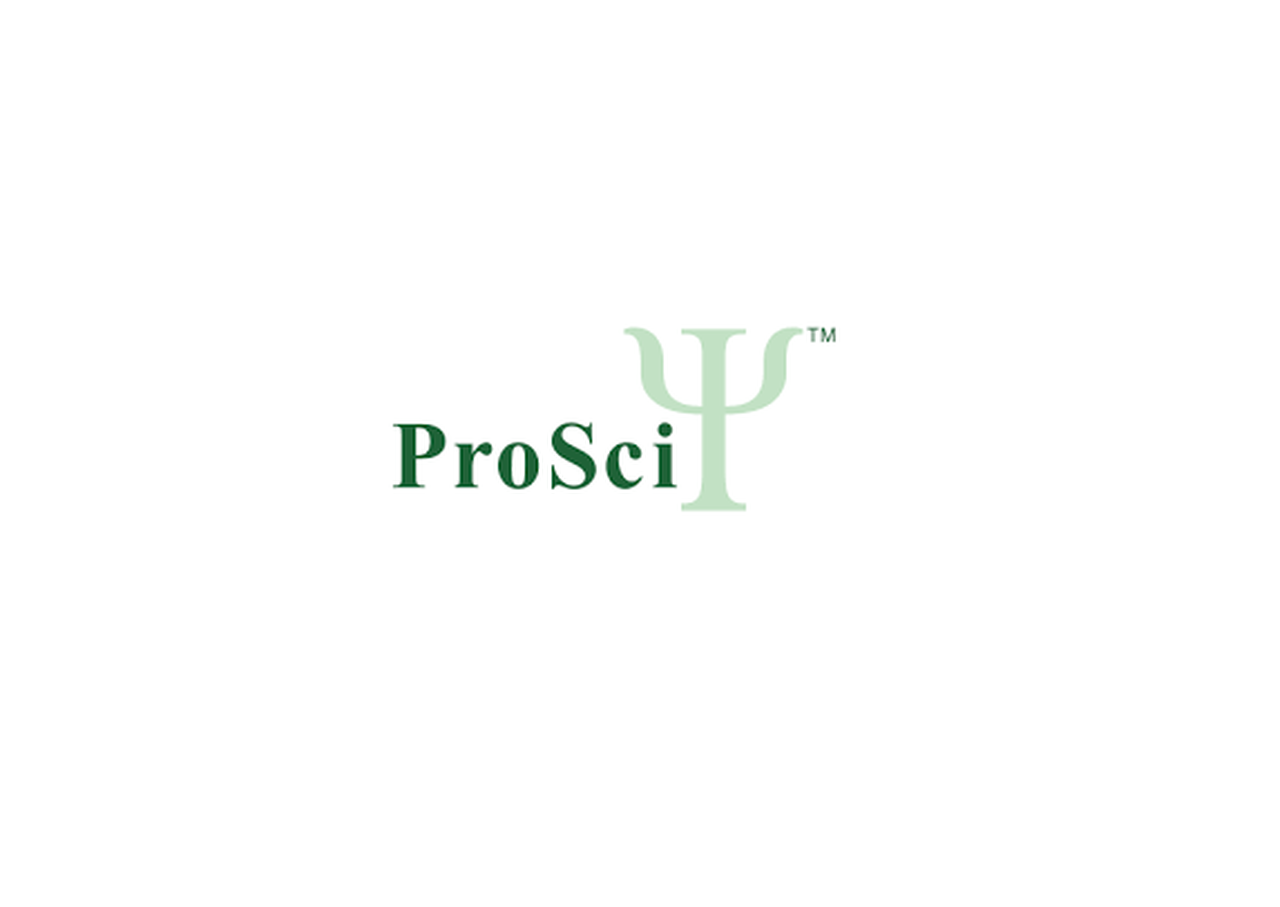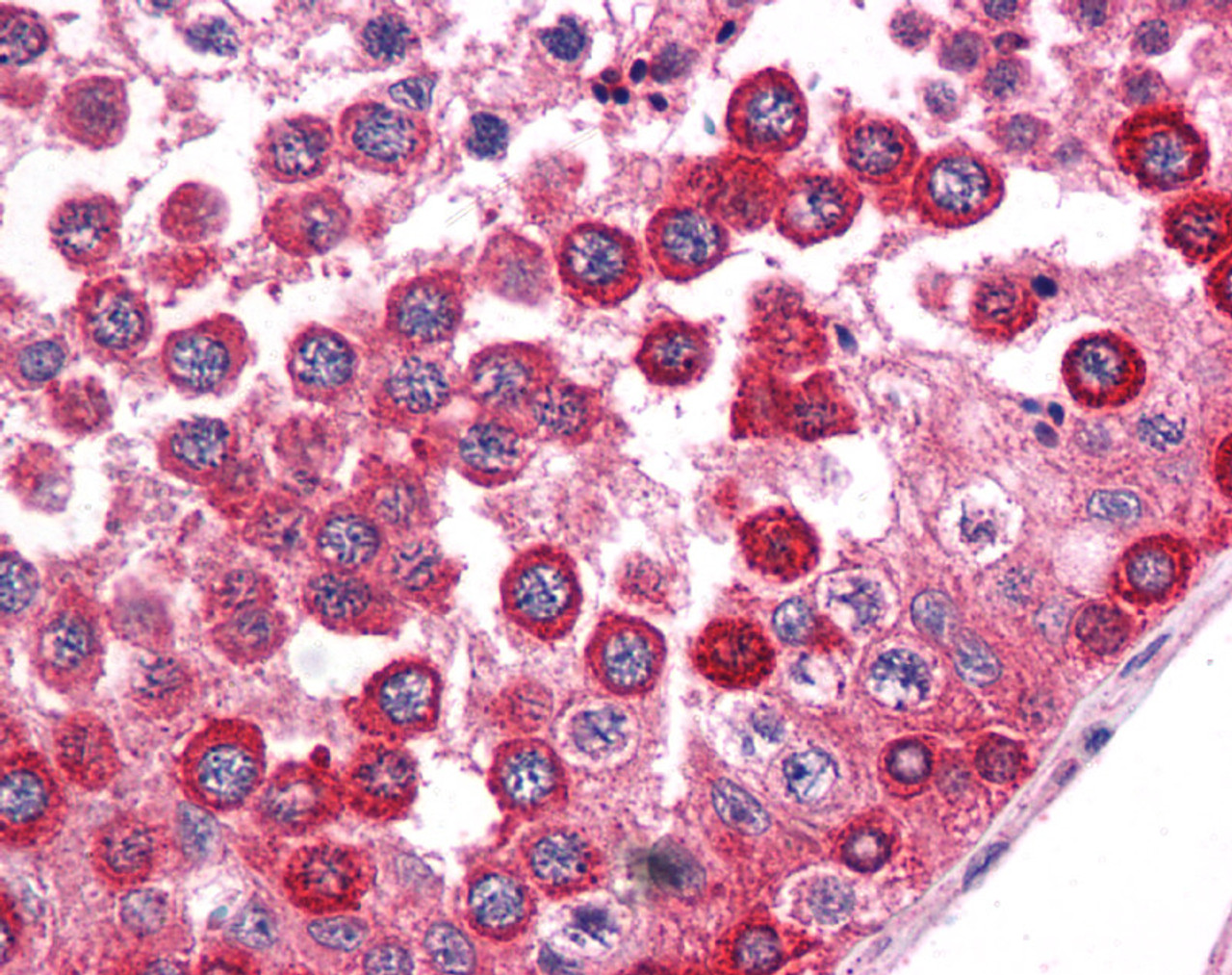Product Description
WNT2B Antibody | 25-686 | ProSci
Host: Rabbit
Reactivity: Human
Homology: N/A
Immunogen: Antibody produced in rabbits immunized with a synthetic peptide corresponding a region of human WNT2B.
Research Area: Cancer, Signal Transduction
Tested Application: E, WB
Application: WNT2B antibody can be used for detection of WNT2B by ELISA at 1:62500. WNT2B antibody can be used for detection of WNT2B by western blot at 1 μg/mL, and HRP conjugated secondary antibody should be diluted 1:50, 000 - 100, 000.
Specificiy: N/A
Positive Control 1: Tranfected 293T Cell Lysate
Positive Control 2: N/A
Positive Control 3: N/A
Positive Control 4: N/A
Positive Control 5: N/A
Positive Control 6: N/A
Molecular Weight: 44 kDa
Validation: N/A
Isoform: N/A
Purification: Antibody is purified by peptide affinity chromatography method.
Clonality: Polyclonal
Clone: N/A
Isotype: N/A
Conjugate: Unconjugated
Physical State: Liquid
Buffer: Purified antibody supplied in 1x PBS buffer with 0.09% (w/v) sodium azide and 2% sucrose.
Concentration: batch dependent
Storage Condition: For short periods of storage (days) store at 4˚C. For longer periods of storage, store WNT2B antibody at -20˚C. As with any antibody avoid repeat freeze-thaw cycles.
Alternate Name: WNT2B, WNT13, XWNT2
User Note: Optimal dilutions for each application to be determined by the researcher.
BACKGROUND: This protein is a member of the wingless-type MMTV integration site (WNT) family of highly conserved, secreted signaling factors. WNT family members function in a variety of developmental processes including regulation of cell growth and differentiation and are characterized by a WNT-core domain. It may play a role in human development as well as human carcinogenesis. This gene encodes a member of the wingless-type MMTV integration site (WNT) family of highly conserved, secreted signaling factors. WNT family members function in a variety of developmental processes including regulation of cell growth and differentiation and are characterized by a WNT-core domain. This gene may play a role in human development as well as human carcinogenesis. This gene produces two alternative transcript variants.
 Euro
Euro
 USD
USD
 British Pound
British Pound
 NULL
NULL












